Skincare labels are not easy to understand, it can be sometimes overwhelming. From marketing techniques to unpronounceable words, most ingredients are coded with scientific terminology, and even the most basic terms can be rife with confusion. We know thanks to Eva Longoria to pronounce hyaluronic acid now and the importance of this ingredient in our skincare routine, but what should we keep in mind when spending our $$ on a new product? We reached out to industry’s expert Ross Macdougald, Cosmetic Chemist and Founder of one of our favourite beauty brands, Biologi, to de-code some of the most common skincare labels terms.
You’ll also like this:
How To Master The No Makeup-Makeup Look This Summer
The Best Face Mists to Keep Your Skin Hydrated During Summer
The 11 Best Self-Tanners That Will Never, Ever Streak
What does natural mean in beauty?
The term ‘Natural’ on a skincare product is a perfect example of when you should delve a little deeper. Unfortunately, the skincare industry is rife with misleading and unsubstantiated claims, and natural doesn’t always mean that the product is as natural as you would think.
In some cases, natural can mean that only a tiny percentage of a product is genuine, and not all the ingredients are natural.
This means that one, or some, of the ingredients, are natural but can also mean that it includes synthetic ingredients in the product too. This isn’t always the case, but it’s good to get into the habit of checking all of the ingredients on a natural product.
What does dermatologist approved mean?
In the simplest sense, this term means that a dermatologist or skin expert has approved the product. Sounds good, right? Well, what we don’t know is if the dermatologist has been paid to put their seal of approval on the product, or if the product has undergone any testing at all to deem it of high standards.
In most cases, the dermatologist has just been paid to align to the brand and that’s where the story ends.
It doesn’t mean it’s any better than any other product on the market (unless it has gone through rigorous third-party testing to prove that it is).
The word fragrance in beauty
Fragrance is another misleading term that often appears on skincare labels. It sounds rather innocent and most people just associate it with a nice smell. However, what most people don’t realise is that the term fragrance can sometimes just be a code word for chemicals. In fact, the European Union, USA and UK are now considering banning fragrance from beauty products; however, not in Australia or New Zealand.
The ingredient ‘fragrance’ in a skincare or make-up product can contain a range of chemicals that can be harmful to the skin.
The unfortunate thing is that brands do not need to fully disclose all ingredients on a product label, and fragranced products can often disguise toxic chemicals under the guise of ‘fragrance’. The rise in health problems and skin conditions associated with fragrances is alarming – one in three Australians recently reported adverse health effects from fragranced products. This includes breathing problems, migraines, asthma attacks and a host of skin irritations.
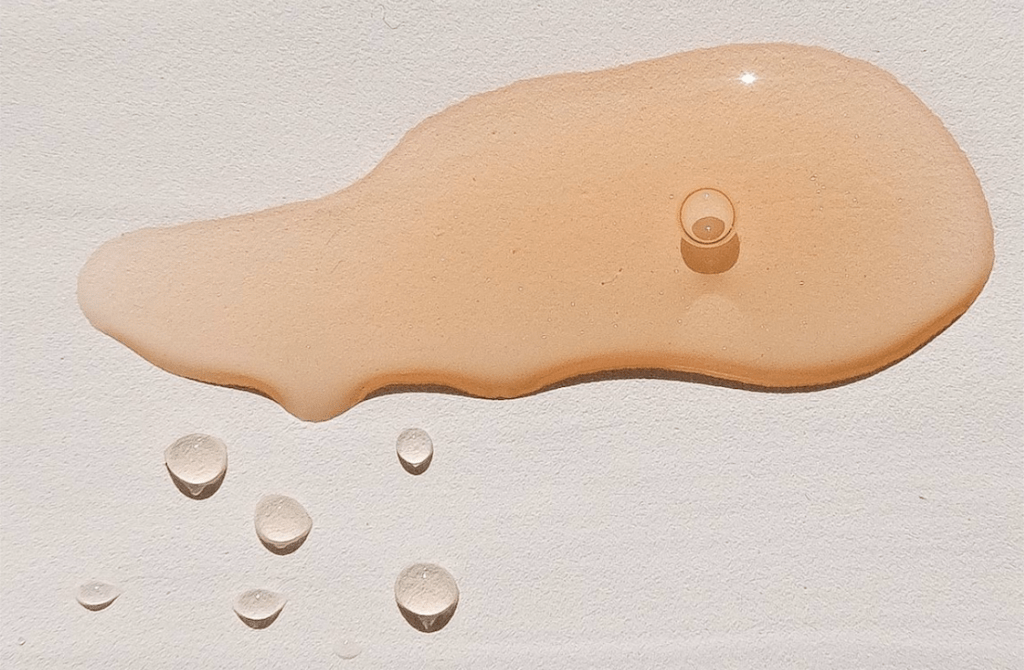
What does Non-Comedogenic mean?
‘Non-comedogenic’ is one of those terms that many people aren’t really sure what it means. However, rest assured, in most cases, it’s a good thing!
A great way to explain it is by looking at Comedogenic products and how they can be the likely cause of clogging pores. Clogged pores can often lead to acne and other skin conditions, so it’s best to steer clear.
Non-Comedogenic means the formulation won’t block your pores which can be one of the main causes of spots and blemishes.
What does hypoallergenic mean?
Hypoallergenic is also one of those terms that are mostly positive. What it means is that the product is likely to cause fewer allergic reactions compared to others.
However, that doesn’t mean that it will be allergy-proof or gentler for your skin, so it is best to still do a patch test first if you are prone to allergies.
Why to avoid Parabens?
Parabens are an ingredient you want to steer clear of, and thankfully, these days, you’ll likely see the word in the phrase “free from parabens”. Parabens are the umbrella term for a group of chemical preservatives that includes ingredients like butylparaben, isobutylparaben, propylparaben, methylparaben, and ethylparaben (the hint here is the word ‘paraben’ at the end of each ingredient).
The reason you should avoid parabens is that scientific research has linked the use of parabens to a multitude of health problems including breast cancer.
Why beauty brands are claiming to be “Free From”
There has been a trend lately of many brands claiming ‘free from’ on their package label. You might see this as a whole list of ‘free from’ such as free from parabens, free from silicones etc.
Whilst it is a good thing that brands are trying to avoid toxic ingredients, unfortunately, some brands are using the term ‘free from’ as a clever marketing tactic.
Because the customer is likely to focus on the ingredients they’ve listed that their product is free from, it then means that the focus has been shifted away from what else the product might include. It is important to still do your research and check what the product does contain too.
You’ll also like this:
How To Avoid Sweat Stains On Your Clothing This Summer
Sydney’s Best Beauty Salons and Treatments You Need to Try Now
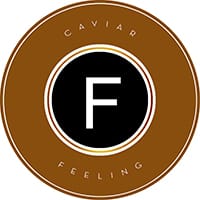
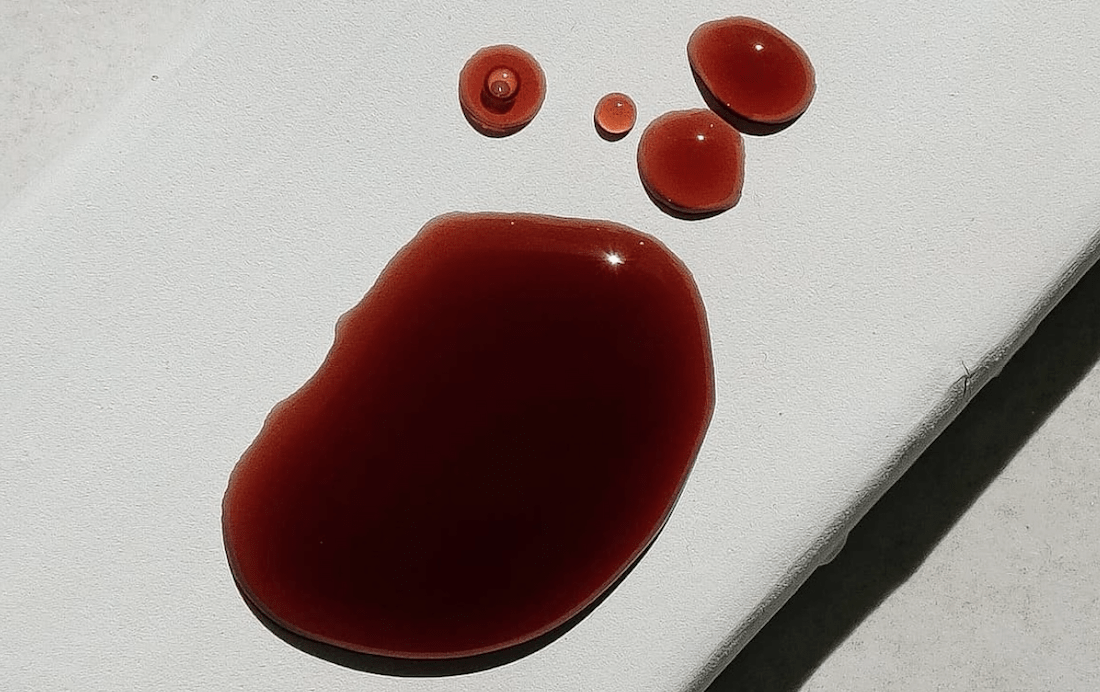


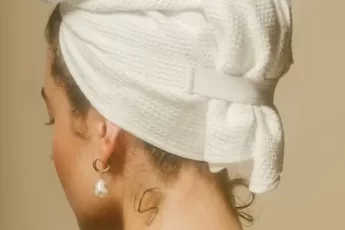

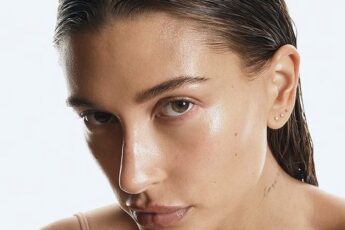
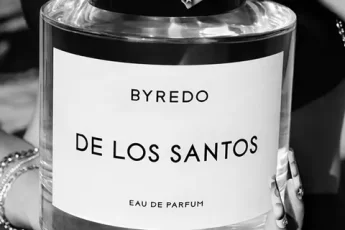
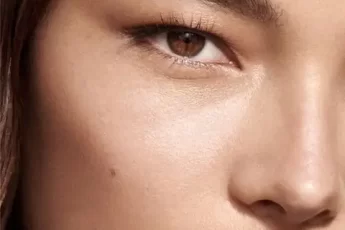
g https://tinyurl.com/rsacwgxy
June 21, 2020 9:00 pmYou can certainly see your skills within the article
you write. The sector hopes for more passionate writers like you who are not
afraid to mention how they believe. At all times
go after your heart.
jizzaxcity.uz
June 26, 2020 2:36 amgreat points altogether, you just gained a new reader.
What would you recommend about your submit that you made some days in the past?
Any certain?
www.comunidadzeta.com
June 27, 2020 6:19 amOutstanding quest there. What occurred after? Good luck!
cbd oil that works 2020
June 27, 2020 10:01 amAfter looking at a number of the blog articles on your web site, I
seriously appreciate your way of blogging. I bookmarked it to my
bookmark site list and will be checking back in the near future.
Please visit my web site as well and tell me how you feel.
cbd oil that works 2020
June 27, 2020 1:29 pmMagnificent website. Lots of helpful info here. I’m sending
it to a few pals ans additionally sharing in delicious.
And obviously, thank you to your sweat!
cbd oil that works 2020
June 28, 2020 1:01 amHi friends, how is everything, and what you would like to say on the topic of this piece of writing, in my view
its genuinely remarkable in favor of me.
cbd oil that works 2020
June 28, 2020 10:43 pmWrite more, thats all I have to say. Literally, it seems as though you relied on the video to make
your point. You clearly know what youre talking about, why throw away your intelligence on just posting videos to your site when you could be giving us something
informative to read?
cbd oil that works 2020
June 28, 2020 11:43 pmMy spouse and I stumbled over here from a different web page and thought I might check things out.
I like what I see so i am just following you. Look forward
to exploring your web page yet again.